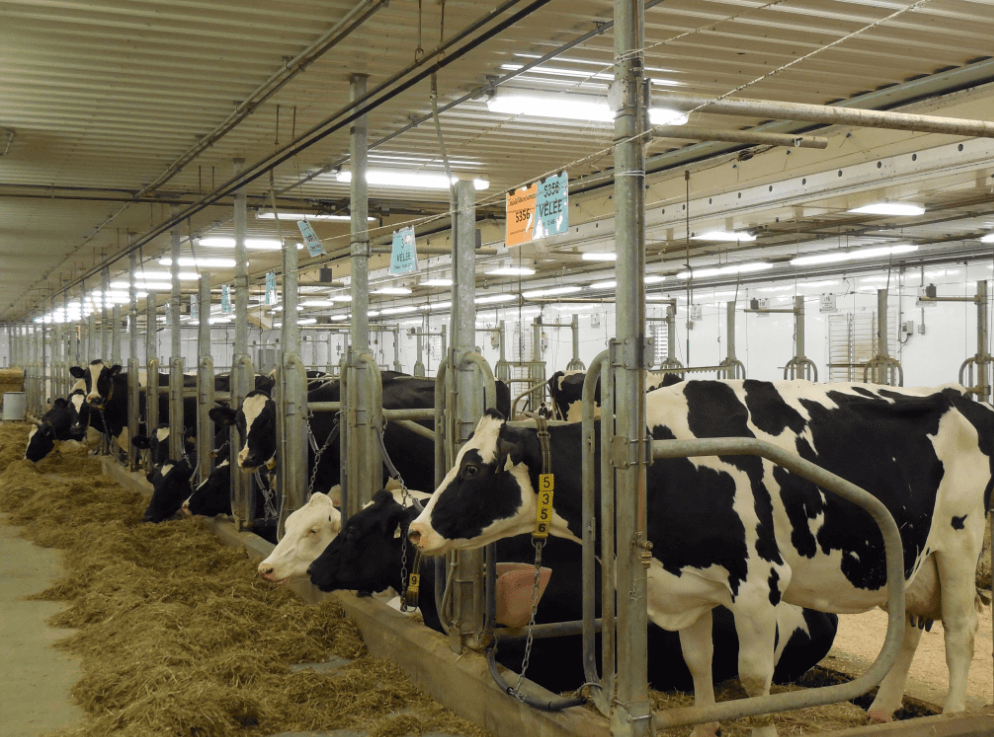 As we go forward, there will certainly be glitches in using reviews to determine employment and compensation, but there is no turning back now, writes Linda Nazareth.
As we go forward, there will certainly be glitches in using reviews to determine employment and compensation, but there is no turning back now, writes Linda Nazareth.
By Linda Nazareth, July 24, 2018
Want to know if a hotel is worth its asking price? Check the online review. How about that restaurant your friend said was good? He might be right, but with a few clicks of a mouse button, you can see if anyone else agrees with him. And so it goes with everything from movies through to cars: A tonne of information is provided by others who have tried the product, so of course it makes sense to base your decisions on their experiences. It is a ratings-driven economy – but should that be the case when we talk about workers?
Anyone who has worked for a major company knows the drill when it comes to evaluations: You sit down with your supervisor every year or so and get a rating on whatever the folks in human resources think is important. Sometimes it goes well and sometimes it does not and at the end of the day, it affects your pay. Tiresome and flawed as the whole process is, at least your supervisor is someone who has worked with you for a long period of time. In the new, ratings-driven world, the assessments are being done by people who have only had a fleeting interaction with you.
Wait staff are the prime example. Although consumers are frequently encouraged to fill out little cards after dinner, a lot of the time, that is more effort than many people want to make. Now, however, many restaurants let you order off iPads and at the end of the meal, urge you to tell them what you thought of the service. It is a pretty easy thing to do, so people are apt to check off the boxes.
Once restaurants have the scores, it is simple for them to process them and come up with a rating on the server, which can then affect how many shifts a week they get, which of course affects their pay, maybe by a lot. Or look at Uber drivers, whose ratings are visible for any possible patron to see. One that is deemed too chatty or too quiet or not friendly enough might be bypassed.
So is it good or bad that ratings are effectively driving incomes? To be fair, online ratings do tend to overstate the negatives. If you really hated your experience on a flight, you are far more likely to write a letter to the airline about it. The same goes for teachers or doctors, which is why one poisonous review can do a lot of damage. As well, the things that workers are being rated on may well be beyond their control. If the kitchen messed up and patrons get their dim sum late, that is not the fault of the waiter, but it may well influence his rating just the same.
Still, there is a lot to be said for the ratings-driven economy, especially in a world where we will often be selling work and talent rather than getting hired for jobs. At the most basic level, reading movie reviews has value, even if you occasionally do not find yourself agreeing with the majority of reviewers (some of us hated La La Land, for example). In the same way, letting people give their assessments of waiters or drivers should, over time, let the best of them be compensated the best as well.
It is part of the transition from getting a job and being more or less done, to getting work and being assessed continually for the balance of your career, and it is not for everyone. As a system though, it can be an effective way to get the right workers into the right places.
A good, well-articulated rating of a tech worker that a company is thinking of hiring on contract, perhaps posted on LinkedIn, can make a big difference in choosing the right person. Indeed, if that company ends up liking the worker, part of its plan to get them back for the next time might be to provide a good online assessment. And it goes both ways: Workers now can and should post about their job experiences, which will affect whether companies can attract the people they most want.
As we go forward, there will certainly be glitches in using reviews to determine employment and compensation, but there is no turning back now. There are no more black boxes: Data are easy to get and will get even easier to use and we can only hope that will ultimately be a good thing for both workers and the larger economy.
Linda Nazareth is the principal of Relentless Economics and senior fellow for economics and population change at the Macdonald Laurier Institute.





